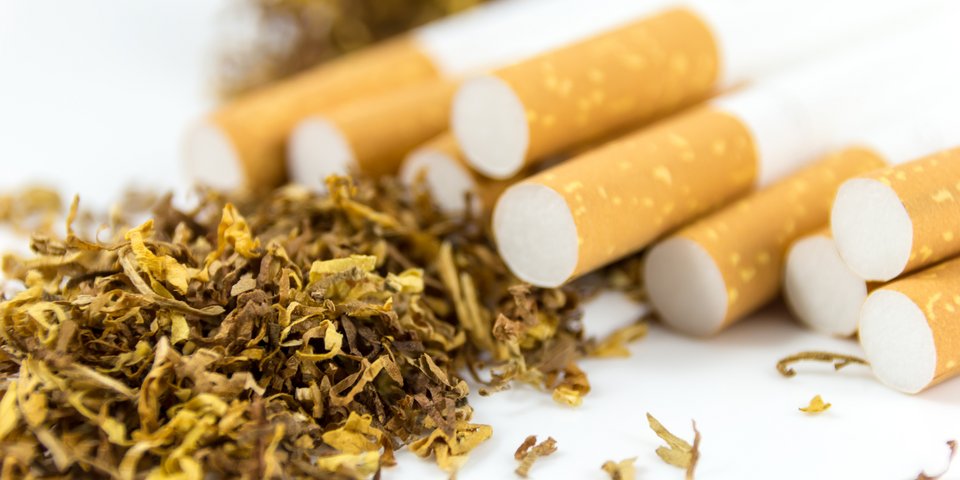 fotoart-wallraf - Fotolia
fotoart-wallraf - FotoliaHigher Taxes on Tobacco and Co.
WHO: Alcohol and tobacco should become more expensive.
UM – 07/2025
On 3
July, the World Health Organization (WHO) launched an initiative aimed at
curbing non-communicable diseases. To this end, it wants prices for tobacco,
alcohol, and sugary drinks to increase by at least 50 per cent by the year
2035. The key lever for this is excise taxation, which is to be raised by
governments as necessary. This demand is a core element of the initiative “3 by
35”.
Adjusting National Tax Policies
The
“3 by 35” initiative is conceived as a collaborative alliance of the WHO,
national governments, civil society, academic institutions, and other
development partners. Together, they aim to support countries in designing
taxation strategies tailored to local contexts and establishing suitable legal
and administrative frameworks. Partners already include the Organisation for
Economic Co-operation and Development (OECD), the World Bank, the United
Nations Development Programme (UNDP), the UK’s Foreign, Commonwealth &
Development Office, the US-based think tank Center for Global Development
(CGD), the global civil society network NCD Alliance, among others.
Health Taxes Are Effective...
The
WHO is pursuing two main goals with its new initiative. Firstly, it aims to
reduce the incidence of non-communicable diseases such as heart disease,
cancer, and diabetes, which account for 75 per cent of all deaths. High prices
could be an effective countermeasure, according to the WHO. A 50 per cent price
increase could prevent 50 million deaths over the next 50 years.
…and Efficient
Health
taxes are also considered efficient. They not only lead to a reduction in
harmful consumption but also generate public revenues. These funds can and
should be used by governments to invest in healthcare systems or social
protection. Given the ongoing decline in official development assistance, many
countries are in urgent need of sustainable, domestically sourced funding. The
WHO estimates that this approach could mobilise one trillion US dollars
globally.
Developments at the EU Level
Tobacco
taxation is also on the agenda of the European Commission. Here, too, the aim
is to significantly raise taxes on cigars, cigarillos and
cigarettes—potentially by triple-digit percentages. In addition, new products
such as e-cigarettes and vapourisers for heating tobacco are to be included, as
they are not yet covered by the directive last revised in 2011. The Commission
intends to present its amendment proposal on 16 July.
The Problem with Earmarking
There
is no automatic mechanism at the international or European level to ensure that
additional excise revenues are allocated to strengthening healthcare systems.
Agreements must be reached individually with each cooperating country, and
existing systems may need to be adjusted. Earmarking is rarely used for excise
taxes. In Germany, for example, the principle of non-affectation applies,
meaning all revenues form part of a general financial pool to meet overall
expenditure needs. Direct earmarking is generally excluded, with only a few
exceptions.
